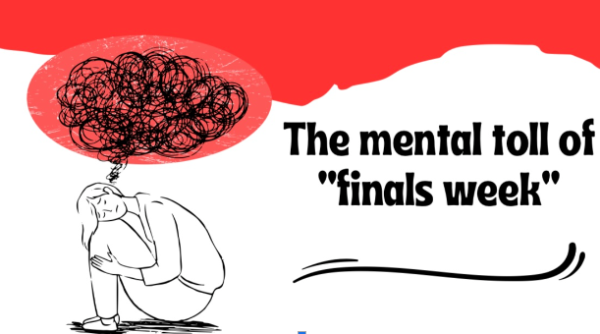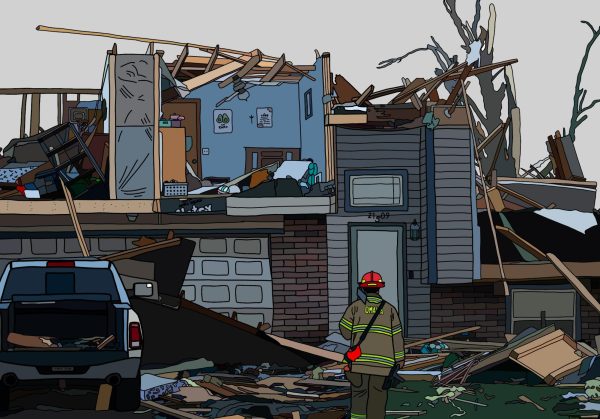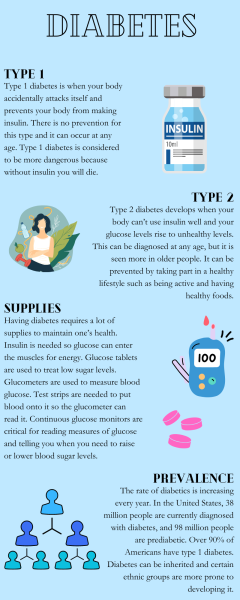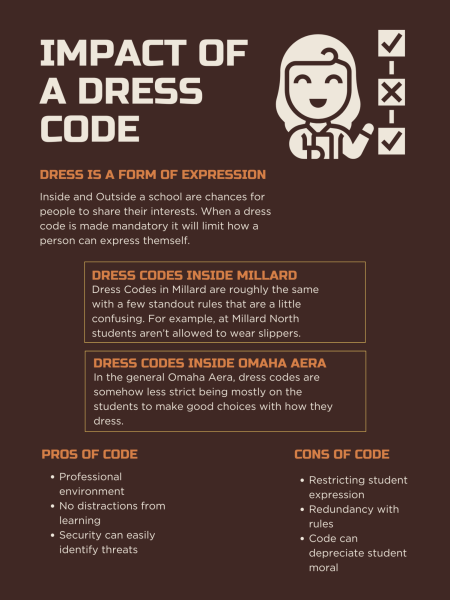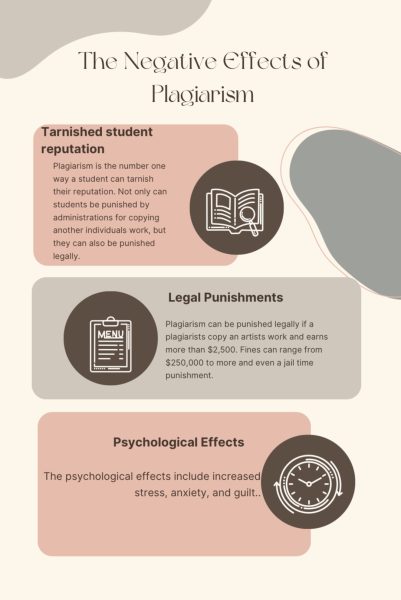The Antisocial Network
Social media networks do more to isolate than they do to connect
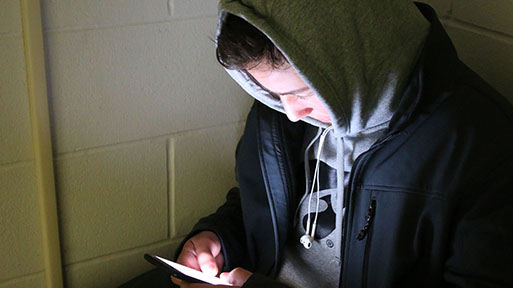
October 5, 2018
Ever since the conception of MySpace, social media has ravaged our culture, diseasing everyone that dare take a dive into its giant cesspool of isolation.
For far too long has social media deceived users with the idea of connecting with others and building relationships with complete strangers. From what I have experienced, all social media has been used for is the creation of walls successfully isolating people, and may even create strains in already existing relationships.
According to CNN Health, teens spend on average nine hours a day on a form of social media. Teens would rather spend time alone on a phone then socialize and build genuine, real world relationships. Teens are now spending more time on social media than they do spend sleeping, raising many health concerns.
Facebook or Instagram would love to have users think that a person can never truly be alone in this day and age. Likes on a post, or lack thereof, serve as a reminder to the user of how many people “care about them”. Teens especially, are constantly seeking out acceptance and with social media it has increasingly become easier to do so.
Seeking acceptance isn’t necessarily a bad thing, however on social media users are constantly trying to one up the other. Users feel the need to prove themselves, whether it be to look more successful, happy or better looking. Through attempting to perfect their image, users create unrealistically high expectations to meet.
Not only does the usage of social media isolate users from other people, but it isolates them from themselves. Social media divided people into two halves. Often times users create an alternate persona for themselves, in which they live a life they wish to live. Every picture posted to instagram or facebook displays what the person posting wants people to see, hardly ever do they post raw emotions or what’s actually happening in there life. Users paint a picture of themselves as gods and expect others to view them as such.
Many people would hate to admit it, but they would rather live the life of their virtual avatar. This makes leaving social media particularly hard because they are then faced with the harsh reality of their actual life. Networks such as Instagram have successfully convinced people that they live a better life when on the app. Which is entirely false, as every smile on social media is disingenuine.
Recently users have increasingly become aware of the strain social media has created on their life emotionally, socially and professionally. They do this by becoming hightned versions of themselves or becoming a whole different person completely. Posting pictures of themselves with cars they don’t own, clothes they cant afford and vacations they never went on, users have metaphorically become a counterfeit dollar. Sure the dollar looks pretty, but really it holds no value.
Many teens have since created an alternative “secret Instagram” account they call a sinsta. On a sinsta, teens feel as if they have the freedom to post how they really feel, as they no longer have the pressure of the entire world judging them.
In place of the overly happy posts users have grown accustomed to, posts on sinsta are more moody and emotionally raw. What started off as a half decent attempt to fix what issues existed on previous accounts, it has created a plethora of new ones. With users expressing how they truly feel, others have seen it as an opportunity for acceptance as there is nothing more relatable than sadness. Users are now partaking in a battle for supremacy over who can come off as the most sad. Which presents teens and users of such accounts with an array of multiple new problems.
Never have we seen our great nation so plagued with mental illness and depression, especially amongst teens. According to the Anxiety and Depression Association of America, anxiety and depression affects 40 million adults a year. Although, it is true that many things contribute to such a number, social media definitely plays a factor as its role in our society is constantly growing.
Much like a domino affect, the words you use and how you use them may affect a person’s Entire day. Which in turn causes whoever’s day got ruined, due to the harshness of your words, to then cause other people to reciprocate that same initial feeling you made them feel. However you affect one person’s day, may affect countless lives of others.
Social media is not entirely bad and I do believe that the creators of such networks had good intentions when birthing their brain children out onto our world. However, social media has given a platform for the multiple accounts that emit such heinous toxicity into our atmosphere of emotions. Metaphorically, our air has been polluted with a noxious gas, reeking of Instagram likes and the constant need for celebrity.
Time has proven social media to be detrimental to the overall health of the masses, creating a culture already obsessed with self to be even more so. Sure social media isolates users and creates many other problems, but it can be used for good. The majority of the issues stated originate not from the platform, but from how users have manipulated it.
However, social media networks have the potential to redeem themselves. If used correctly, apps like FaceBook, Instagram and Twitter can serve the purpose they initially intended to. If users spent more time building each other up rather than themselves, I truly think half of the issues previously stated would cease to exist.
We may not be able to fix many of the problems social media has presented our culture with, but we can practice the act of being kind. That alone can cause a person’s day to be a little bit brighter. There is so much darkness looming within the confines of social media. But if we all decided to throw sunshine rather than shade, there would be no time for hate.







